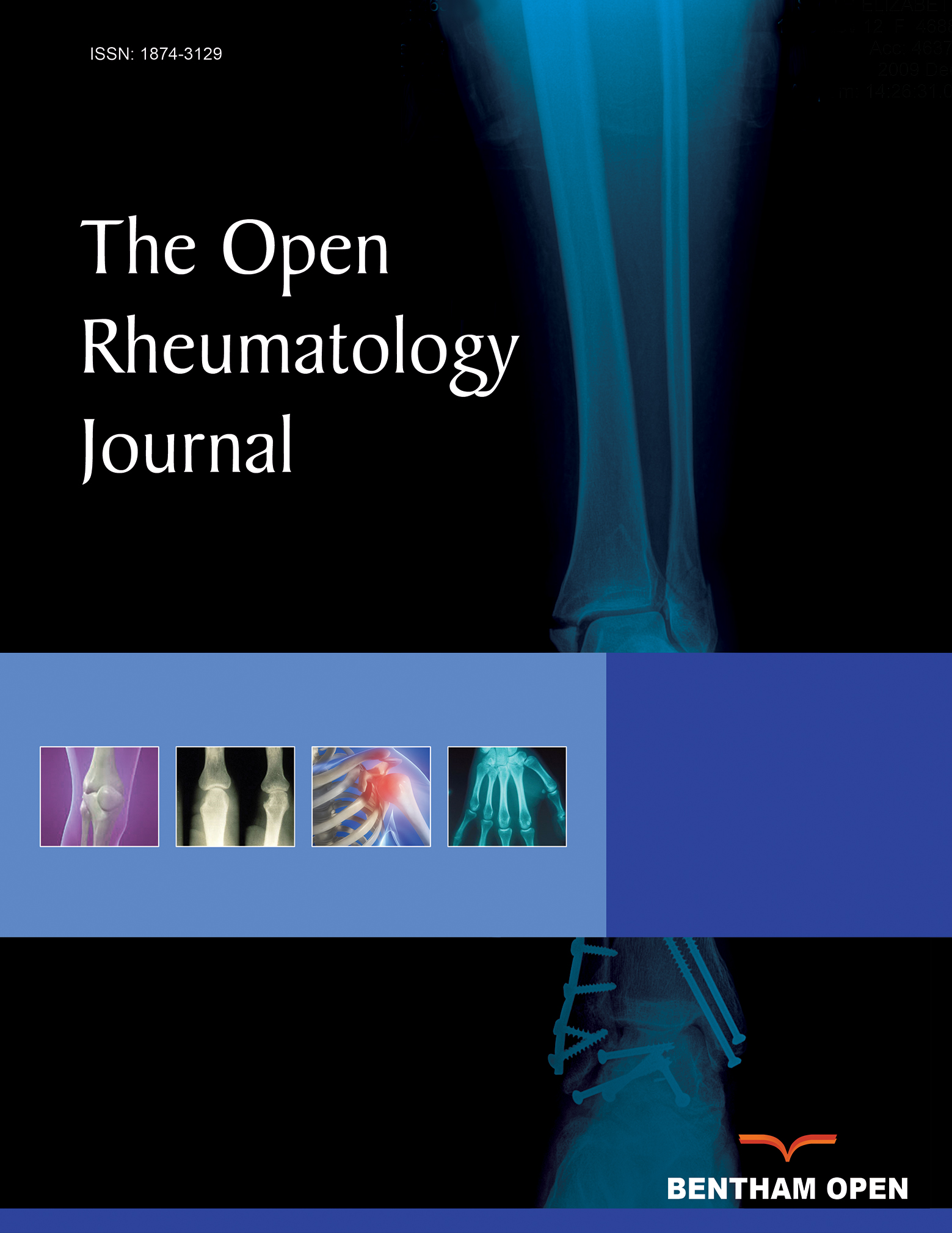All published articles of this journal are available on ScienceDirect.
Association of ERAP1, IL23R and PTGER4 Polymorphisms with Radiographic Severity of Ankylosing Spondylitis
Abstract
Background:
Radiographic severity of ankylosing spondylitis (AS) shows such great variance that some patients never develop syndesmophytes throughout the entire disease span, whereas some develop bamboo spine relatively early.
Objective:
To study the association between ERAP1, IL23R and PTGER4 single nucleotide polymorphisms (SNPs) and radiographic severity in AS patients.
Methods:
rs27044 and rs30187 (ERAP1), rs11209032 (IL23R) and rs10440635 (PTGER4) SNPs were genotyped in 235 AS patients fulfilling the modified New York criteria. Patients were classified as mild- and severe-AS according to modified Stoke AS spinal score (mSASSS). Mild-AS is defined as having mSASSS of “0” following at least 10 years of disease duration. Severe-AS is defined as having mSASSS of >20 (patients with mild vertebral changes (i.e. squaring or erosions) were omitted for clear stratification) regardless of disease duration.
Results:
The genotype distributions and allele frequencies of ERAP1 rs27044 and rs30187, IL23R rs11209032 and PTGER4 rs10440635 SNPs were similar in mild- (n=171, mSASSS=0, 55.6% HLA-B27 positive) and severe-AS patients (n=64, mSASSS=48.5±17.8, 73.4% HLA-B27 positive). After adjustment for clinical differences between groups (gender, disease duration, HLA-B27 and smoking status) by logistic regression analysis, none of the alleles in the investigated SNPs were found to be associated with radiographic severity of AS.
Conclusion:
In radiographically well-categorized AS patients, ERAP1 rs27044 and rs30187, IL23R rs11209032 and PTGER4 rs10440635 SNPs are not found to be associated with radiographic severity of AS.


